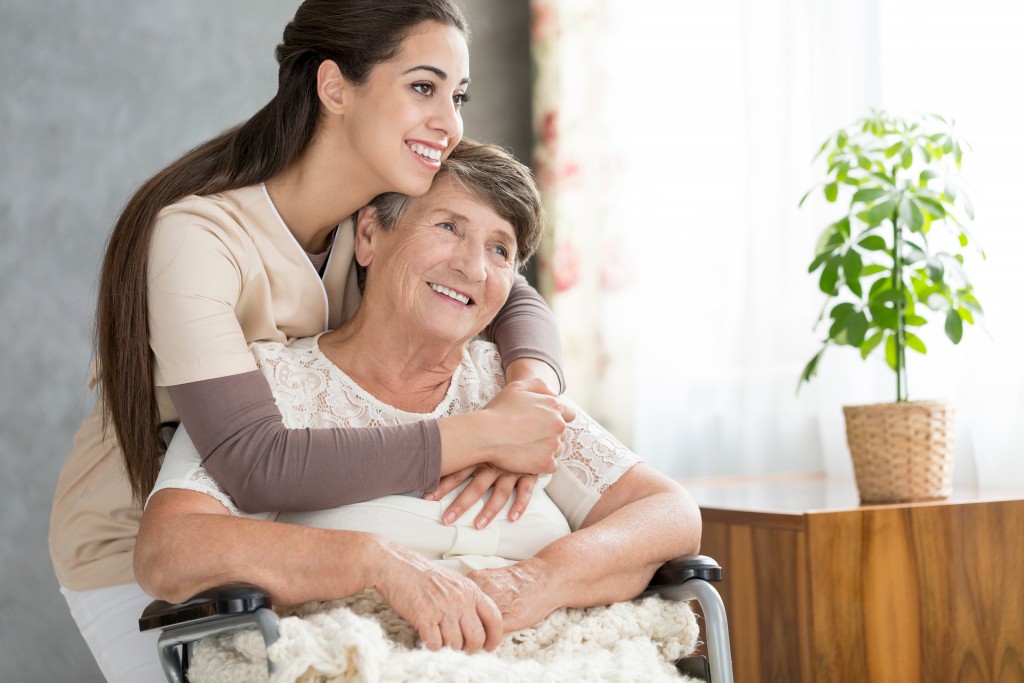Age brings with it a certain sense of vulnerability. As adults get older, they become weaker and more prone to various health conditions. This holds true, especially now during the outbreak of a global pandemic. The constant deterioration of physical and mental health is simply a fact of life.
These factors, whether due to natural reasons or chronic illnesses, could also be a signal that the person may be nearing the end of their journey. Dying is only natural. Many people usually hope to live up to a certain age to achieve the feeling of living a fulfilled life.
Staying Until the End
Regardless, it’s also very important for older people to not feel alone as their passing draws near. Meeting the end-of-life needs of a person close to death is a big part of helping to safeguard their health and wellness.
Any kind of support and medical care shouldn’t just come moments before a person’s death. It should be present weeks and months prior, but these may prove to be challenging during a global pandemic. Considering getting compassionate hospice care services for your loved ones would be the best way to ensure that they are able to pass on with minimal difficulty and concern.
Physical Comfort
Knowing that a person you love is dying is difficult enough as it is. It shouldn’t be made worse when you know that the person is feeling pain or discomfort. As much as possible, their final moments should not be filled with unpleasant experiences.
Consult with a medical professional or the hospice nurse for any kind of prescription medicine you are allowed to give. There’s no need to be hesitant if you see that a certain type of pain medicine is effective in helping put the person at ease.
Struggling with pain can often be draining for a dying person. It may also affect their mood and disposition. They might lose their appetite, have difficulty breathing, or become agitated easily. Always be ready to address these types of problems calmly and promptly.
Mental and Emotional Support
Of course, a person nearing the end of their life may feel a wide range of emotions. Distress, depression, and anxiety are usually the most common. Fear of what comes next or what they’re leaving behind can often prompt these emotions.
It’s best to encourage entering into conversations with your loved one. Being open and transparent will help ease any emotional concerns they are going through. If you feel that the person’s emotions have become too detrimental to their well-being, consider contacting a counselor or administering medicine.
The best thing is making the person feel surrounded by friends and family. Isolation can be a trigger for many negative emotions. Talking can be a helpful activity in itself. Simple physical contact will also be more than enough for the person. Any sort of presence will be meaningful.

Spiritual Needs
A person will often reflect on the beliefs, values, and meaning of their life towards death. They may have certain questions or concerns regarding these. For instance, they might want to settle any unresolved issues they had with another person or know how they will be remembered.
Be prepared to help them with these sorts of situations. Ask as many people to talk to them. Let them know how important the relationships they had meant to other people. Their role as a parent, a grandparent, a friend, and the like.
Share good memories to help them find peace before passing. They may experience seeing or talking to someone who has already died. Do not disrupt these instances, this may help them to feel comforted. Allow them to experience their own reality.
The End of the Road
There are common signs to help you recognize when a person’s death is nearing. They may feel restless or confused. Their sleeping periods have become erratic and their breathing has turned irregular. Changes in skin color is also a key determinant.
Knowing these will help you better prepare for a loved one’s passing. Once they leave, grief and coping will only be natural responses. Losing someone close to you will always be difficult. Given the current circumstances, however, people may find it harder to experience these emotions.
Due to the surge in the number of deaths due to the global pandemic, funeral homes are caught in a serious predicament. They have been overwhelmed with scheduling burials, cremations, and other services. Certain guidelines have to be observed before being able to make funeral arrangements.
Understandably, you would want to hold a proper, traditional service for your loved one. It’s also essential to be considerate of the situation that these establishments are facing. The threat of COVID-19 still remains. Gatherings will most likely be limited to the virtual realm. Nonetheless, being there for your loved one during their final moments will surely be more than enough.